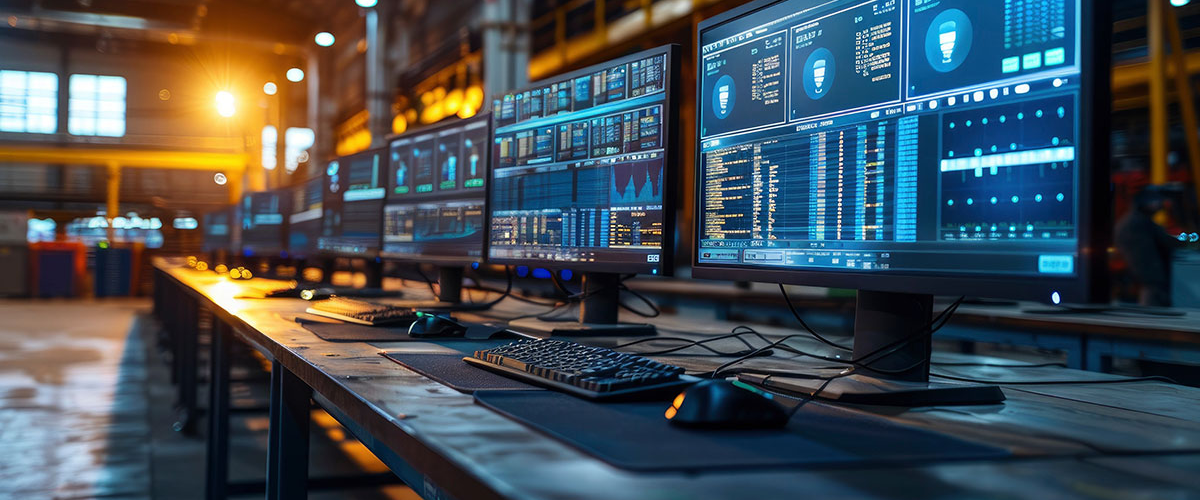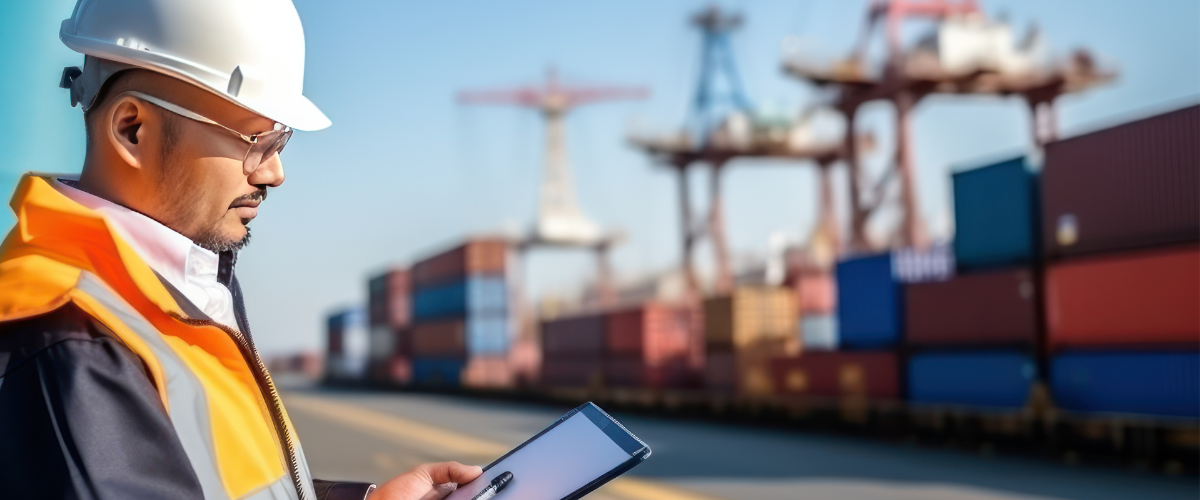In the complex world of international trade, a paramount need arises to establish a robust mechanism that can effectively monitor imports, ensure compliance with all applicable rules, and accurately levy tariffs based on the nature of the commodities involved. This mechanism plays a crucial role in facilitating fair and transparent trade practices while safeguarding the interests of all parties involved.
As the volume and diversity of internationally traded goods and services continue to grow exponentially, governments around the world have responded by implementing a complex web of regulations, policies, and laws to govern international trade. This regulatory landscape has become increasingly intricate, with multiple jurisdictions involved and varying tariff rates for individual products.
In an effort to foster economic cooperation and exploit complementarity, countries have formed closer economic ties through bilateral or multilateral agreements and the creation of regional trading blocs. These economic partnerships confer significant advantages upon member countries, including priority market access and preferential tariffs for their exports.
The formation of regional trading blocs, such as the European Union and ASEAN, has been instrumental in eliminating trade barriers and promoting the seamless movement of goods within their respective regions. This has led to a substantial boost in intra-regional trade, enhancing economic growth and collaboration among member countries.
However, the dynamics of international trade also encompass challenges such as widening fiscal deficits, geopolitical tensions, and the rise of protectionist measures. Countries, driven by the desire to protect their domestic businesses, have increasingly resorted to imposing sanctions, levying higher tariffs and duties on imports, and implementing trade restrictions.
A notable example is the trade war between the United States and China, where the United States imposed higher tariffs on certain Chinese products to address trade imbalances. In response, China implemented retaliatory measures, escalating the conflict and significantly impacting global trade patterns.
Countries may impose sanctions on specific entities or restrict trade with nations involved in geopolitical conflicts or non-compliance with international norms. These measures serve as instruments to address political concerns and influence the behavior of targeted countries.
Amidst this intricate landscape, it is crucial to establish an effective and robust mechanism for customs clearance. This mechanism ensures the monitoring of imports, compliance with applicable rules, and accurate levying of tariffs based on the nature of the commodities involved. By doing so, fair and transparent trade practices are facilitated, protecting the interests of all stakeholders in the global trade ecosystem.
As the growth of international commerce continues unabated, Customs will play an increasingly important role in ensuring the implementation of government policies.
Challenges in the current manual customs clearance process
Given the overwhelming volume of work, Customs departments worldwide are necessarily somewhat bureaucratic in their processes and approach.
Physically inspecting goods, checking documents, and monitoring adherence to regulations and policies is extremely tedious.
Due to these factors, importers must expend considerable resources and time to ensure that the documentation is complete and accurate and that all laws are complied with. Any lapses in following the stipulated procedures could cause considerable delays in clearing the goods.
Besides the commercial impact of such delays, importers could also find themselves staring at higher detention and demurrage charges.
How Logic-based Solutions Help in Customs clearance
Importers, forwarders, and other stakeholders in the international transport process are increasingly leveraging technology to improve their efficiency and streamline operations.
The intent is to reduce as much as possible the manual aspect of the customs clearance process by automating work streams and freeing up employees’ time, so they can focus on more value-adding activities.
The immediate benefits that accrue from using Logic-based solutions are an improvement in accuracy levels and better compliance with Customs requirements.
The usage of technology is not without its challenges, especially in the initial stages.
Some common challenges are explained below:
1. Logic-based solutions take time to accumulate sufficient amounts of data to be able to handle the documentation process
2. Need for extensive human intervention in the initial stages
3. Limitations of machine learning in understanding the context and background, making it difficult to decipher the contents of documents and emails and categorize them accordingly
How Reinforcement Learning Improves the Quality of Work and Decisions
Modern logic-based solutions now incorporate reinforcement learning to help improve the quality of work and decisions. This helps companies reap the envisaged advantages much faster than was possible previously.
Reinforcement learning is essentially a machine learning method that operates on the principle of rewards and punishments.
When the system starts handling customs processes, human validation is mandatory. If the human changes the decision taken by the system, then it is treated as a failure for the system, and data is updated accordingly. As the system handles more and more data and such failures are rectified, the system’s accuracy increases steadily. Gradually, as most mistakes are identified and rectified, the system reaches a stage where almost all possible mistakes and misinterpretations have been covered, eliminating the probability of errors.
Over time, the need for human validation comes down, and the task is completely automated. This results in the organization saving time, costs, and staffing and also significantly increasing accuracy and compliance levels.
The growing prevalence of logic-based solutions for optimizing customs clearance has helped ease what has traditionally been a labor-intensive and time-consuming process.
Notably, KlearNow, a leading provider of such solutions, has been leveraging sophisticated techniques like reinforcement learning and data ingestion since 2018. With the most advanced and experienced AI/ML system in the customs document processing industry, KlearNow’s proprietary AI-powered platform offers enhanced functionalities that have revolutionized importers’ and forwarders’ time and cost savings.
By leveraging the power of machine learning, KlearNow has revolutionized the customs clearance process, providing importers and forwarders with a comprehensive solution that maximizes time and cost savings. The innovative techniques employed, such as reinforcement learning and data ingestion, have significantly enhanced the capabilities of KlearNow’s platform. To discover how KlearNow can benefit your business and to learn more about their innovative solutions, please click here.
With KlearNow’s cutting-edge technology, businesses can streamline their customs clearance operations, optimizing efficiency, accuracy, and compliance. By harnessing the benefits of KlearNow’s proprietary AI-powered platform, importers and forwarders can unlock the full potential of customs clearance, achieving superior outcomes and gaining a competitive edge in the industry.




